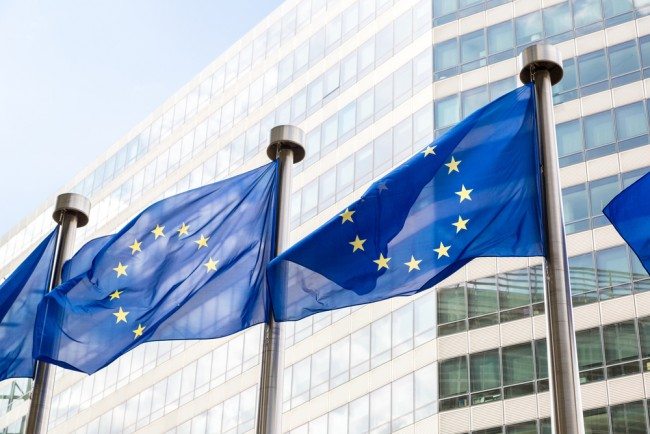Google enlisted members of the US congress, whose election campaigns it had funded, to pressure the European Union to drop a €6bn antitrust case which threatens to decimate the US tech firm’s business in Europe, reports The Guardian.
The coordinated effort by senators and members of the House of Representatives, as well as by a congressional committee, formed part of a sophisticated, multimillion-pound lobbying drive in Brussels, which Google has significantly ramped up as it fends off challenges to its dominance in Europe.
An investigation by the Guardian into Google’s multifaceted lobbying campaign in Europe has uncovered fresh details of its activities and methods. Based on documents obtained under a freedom of information request and a series of interviews with EU officials, MEPs and Brussels lobbyists, the investigation has also found:
• Google’s co-founder and CEO Larry Page met the then European commission chief privately in California in spring 2014 and raised the antitrust case despite being warned by EU officials that it would be inappropriate to do so.
• Officials and lawmakers in Brussels say they have witnessed a significant expansion of Google lobbying efforts over the past 18 months as the company faces increased scrutiny of its business activities in Europe.
• Google has employed several former EU officials as in-house lobbyists, and has funded European thinktanks and university research favourable to its position as part of its broader campaign.
Capitol Hill’s aggressive intervention in Brussels came as the European parliament prepared to vote through a resolution in November 2014 that called on EU policymakers to consider breaking up Google’s online business into separate companies.
Google declined to comment on the letters or its ties to the committee, including the fact one of its senior lawyers in Washington had joined the firm straight from the judiciary committee where he served as an antitrust counsel to its Republican members. A spokeswoman for the committee did not respond to the Guardian’s requests for comment.


